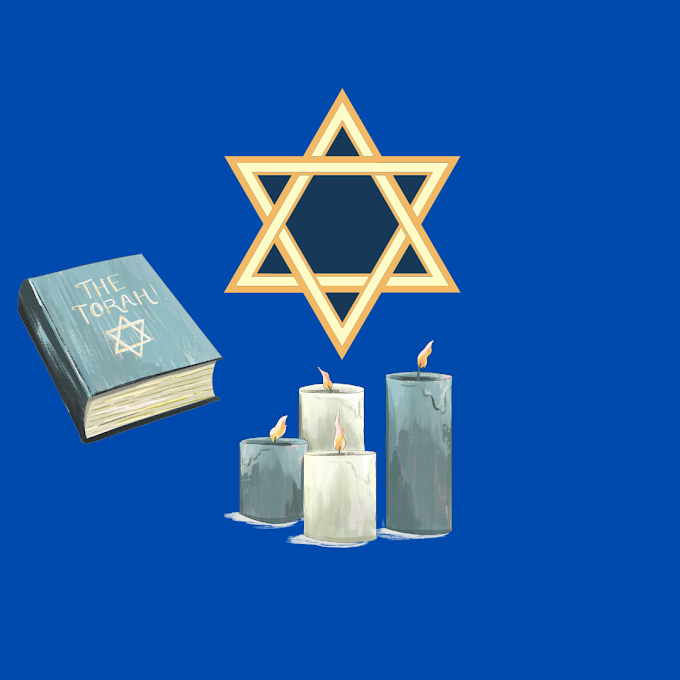When the Law Forgets, People Disappear
Having background in law, and currently studying human rights law in Germany, I recently received a heartbreaking letter from an Afghan refugee living in Pakistan. His words made me to write this reflection — not just about legal frameworks, but about the role of students, scholars, journalists, human rights activists, and advocates in moments of quiet crisis...
It begins with a knock at the door—sometimes quiet, often loud—but always late at night.Behind that knock, there's no explanation given, no legal warrant, and no mercy. Only questions that treat you like you're guilty:
We often speak about human rights. We write papers/essays on international law. We go to lectures about dignity, freedom, and justice/rule of law.
I'm not just writing this as a law student, but as someone who once truly believed that protecting refugees was a shared moral duty. But now, it feels like our morals are fading, and politics is taking over.
Let's not romanticize the bond between Pakistanis and Afghans. Let’s call it what it really is: real, deeply connected, and lived every day.
It exists in the kitchens where spices mix, in markets where different languages are spoken, and in workplaces where people build things side by side.
This isn’t about giving charity—it’s about co-existence.
And yet, here we are. Midnight illegal raids and arrests, families being torn apart, businesses forced to close.
There’s no refugee law. No clear plan. No protection. Just silence—covered up with the word “sovereignty.”
But silence is not a plan. It’s giving up.
And as human rights students, we can’t afford to give up—especially not now.
Don’t just tell me to “speak up.”
Instead, tell me where to go, which doors to knock on.
I may be miles away, studying human rights in Germany, but I’m not disconnected. I’m learning, building tools, and designing strategies—so those who are closer to the crisis can use them without putting themselves in danger.
I’m not writing this to sound wise. I’m writing to be ready.
Because the time will come—and it will—when people on the ground will need more than just good words.
They’ll need legal help, strong cases, and protection stories that the world can understand clearly.
That’s where I come in. That’s where we all come in—those of us in exile, in classrooms, in quiet places of study. We do matter.
So no, I’m not in Karachi tonight. But my words are.
My solidarity is. And I’m building my skills—not for a job, but to make a difference.
This is our time—not just to speak louder, but to act wisely, bravely, and carefully.
Let’s not wait for another knock at the door.

















